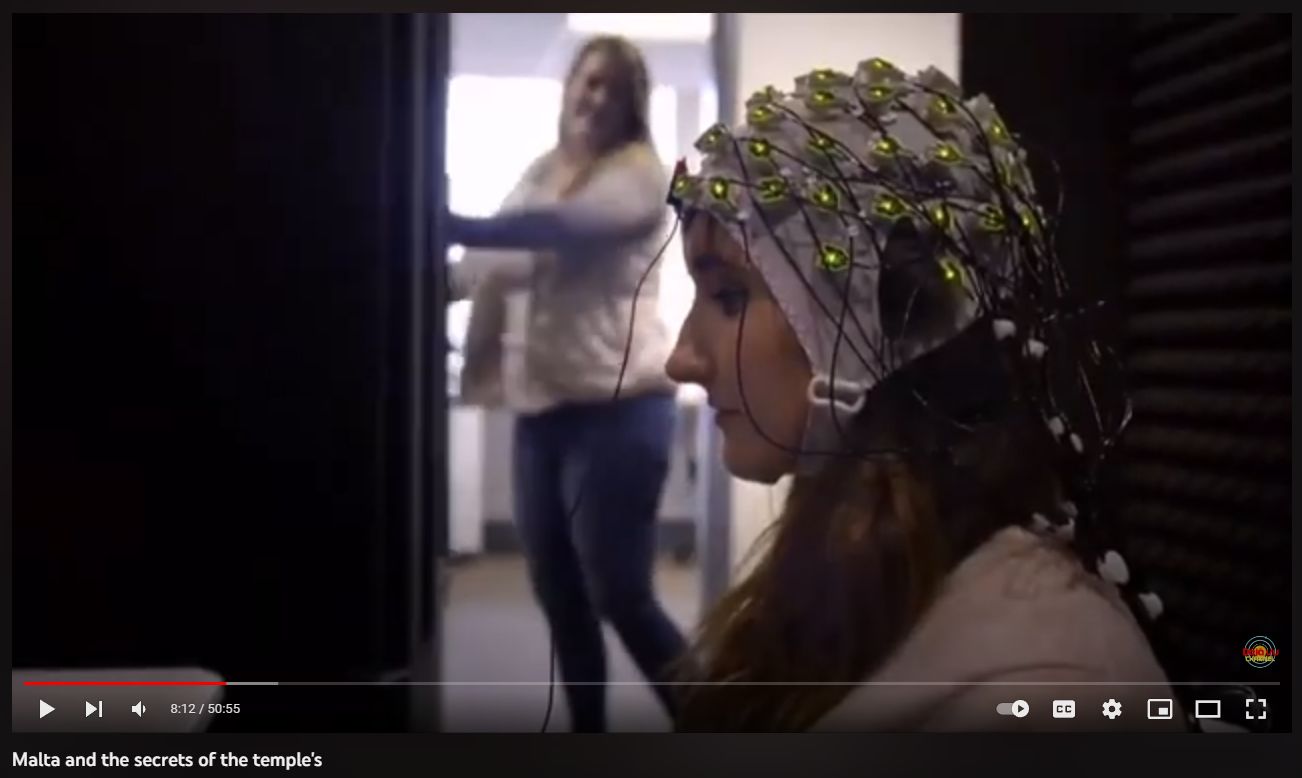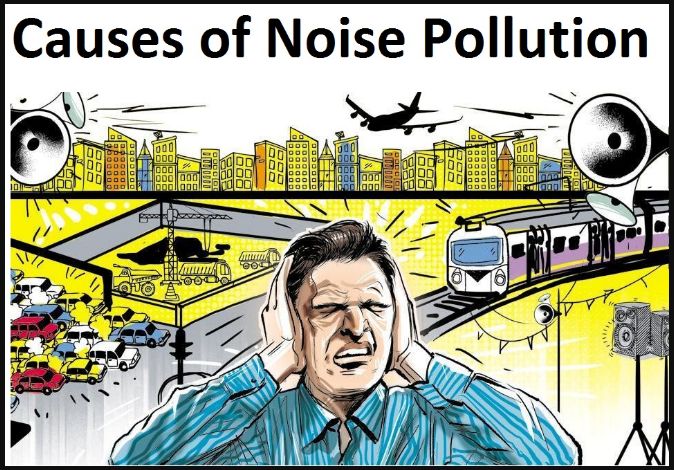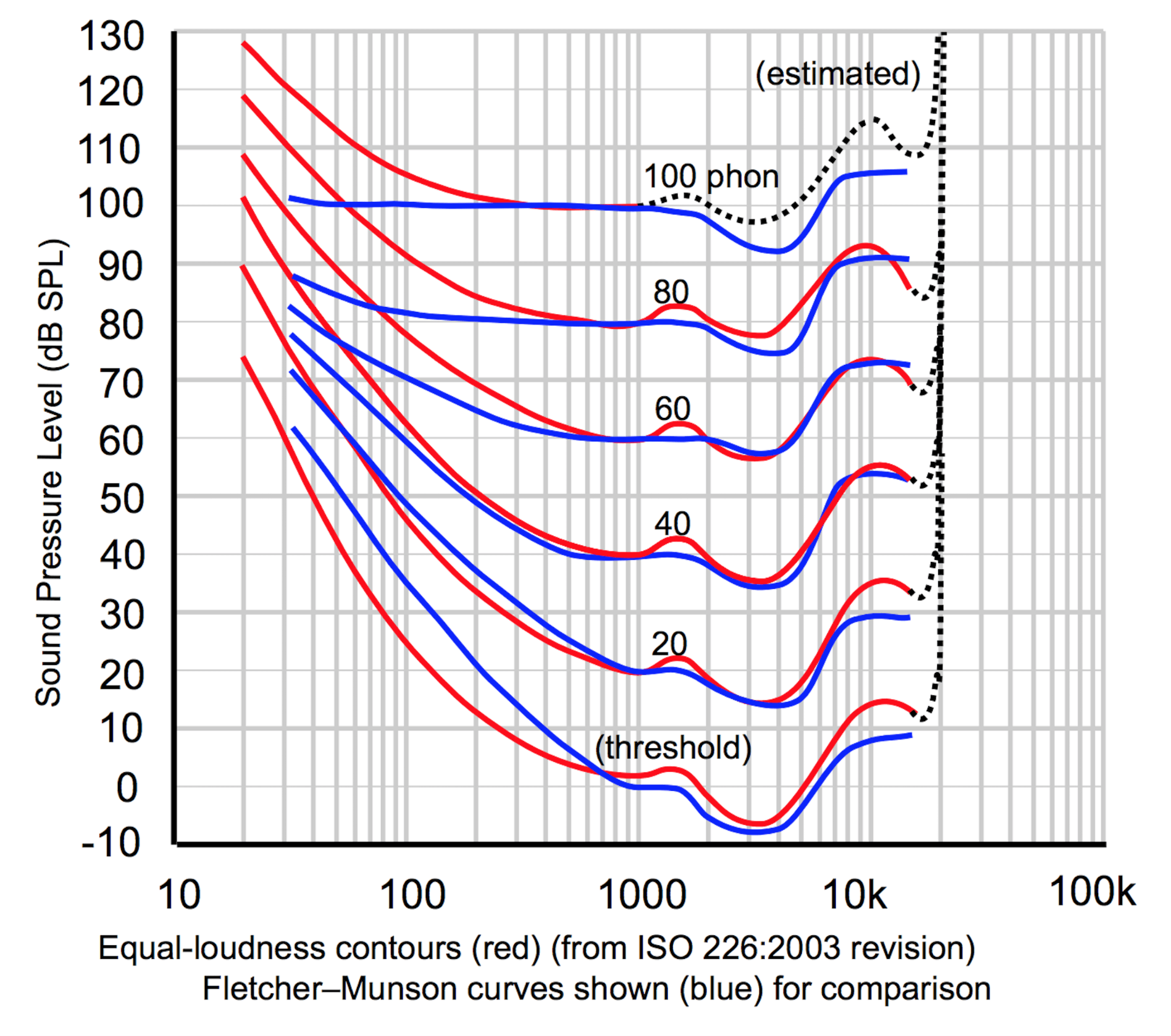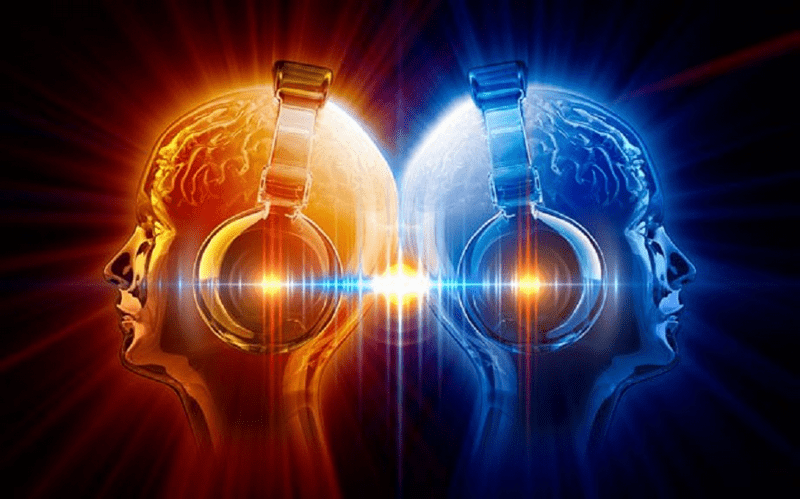mind
Vagus Nerve One way voice and sound may heal or reveal
Vagus Nerve One way voice and sound may heal or reveal
BENOX REPORT 1953 An Exploratory Study of the Biological Effects of Noise
BENOX REPORT 1953 An Exploratory Study of the Biological Effects of Noise
OERA LINDA book — Instructional Manual on How to Keep Freedom — Solari Report: The Codex Oera Linda Book with Jan Ott
OERA LINDA book — Instructional Manual on How to Keep Freedom — Solari Report: The Codex Oera Linda Book with Jan Ott
Vibration as Control Mechanism
Vibration as Control Mechanism – Remote Neural Monitoring (RNM) is a controversial concept that refers to the purported ability to remotely monitor and manipulate the neural activity of individuals using advanced technology, typically without their consent or awareness
Practical Apps for Learning to Play and Make Beautiful Music
Practical Apps for Learning to Play and Make Beautiful Music
Good Vibrations Science of Sound
Good Vibrations Science of Sound
160000 watts of RUSH — How loud is that, really? Turns out, only about 8 times louder than a 300 watt amp! And only about 16 times louder than a 30 watt amp!
160000 watts of RUSH — how loud is that, really? Turns out, only about 8 times louder than a 300 watt amp! And only about 16 times louder than a 30 watt amp!
Mind Science – WE ARE VIBRATIONAL BEINGS
WE ARE VIBRATIONAL BEINGS
Music and the Power of Sound: The Influence of Tuning and Interval on Consciousness
Music and the Power of Sound




